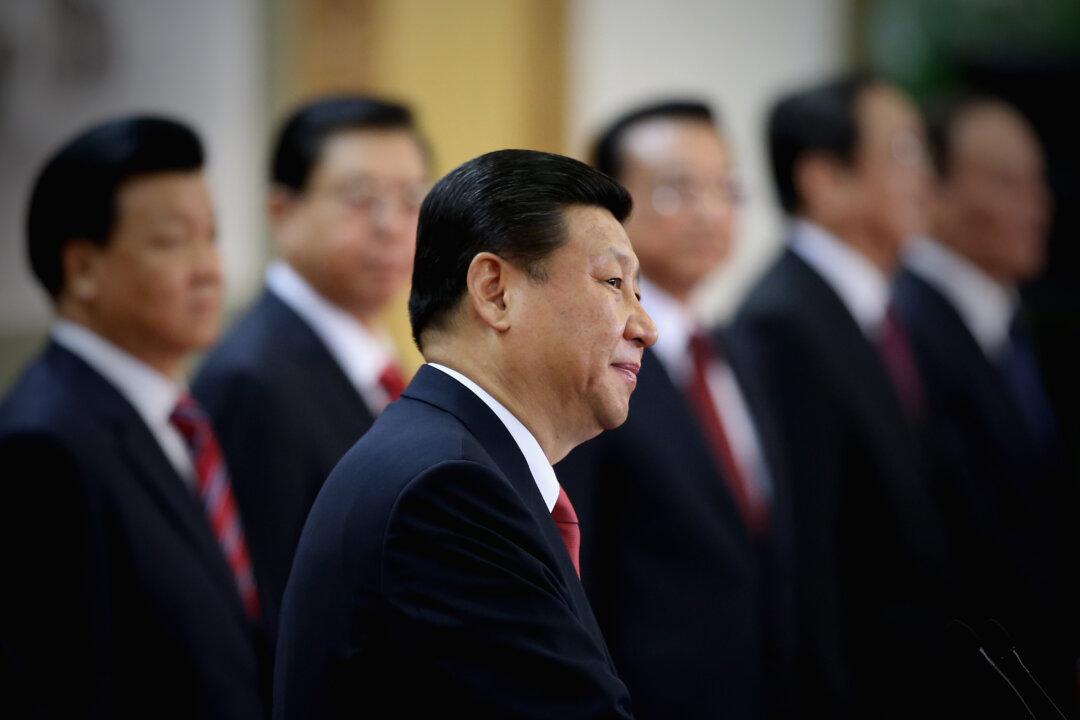Commentary:
Peter Parker’s (Spiderman) Uncle Ben once said, “With great power comes great responsibility.” Or, to quote former Secretary of State Colin Powell: “You break it, you bought it.”

Peter Parker’s (Spiderman) Uncle Ben once said, “With great power comes great responsibility.” Or, to quote former Secretary of State Colin Powell: “You break it, you bought it.”